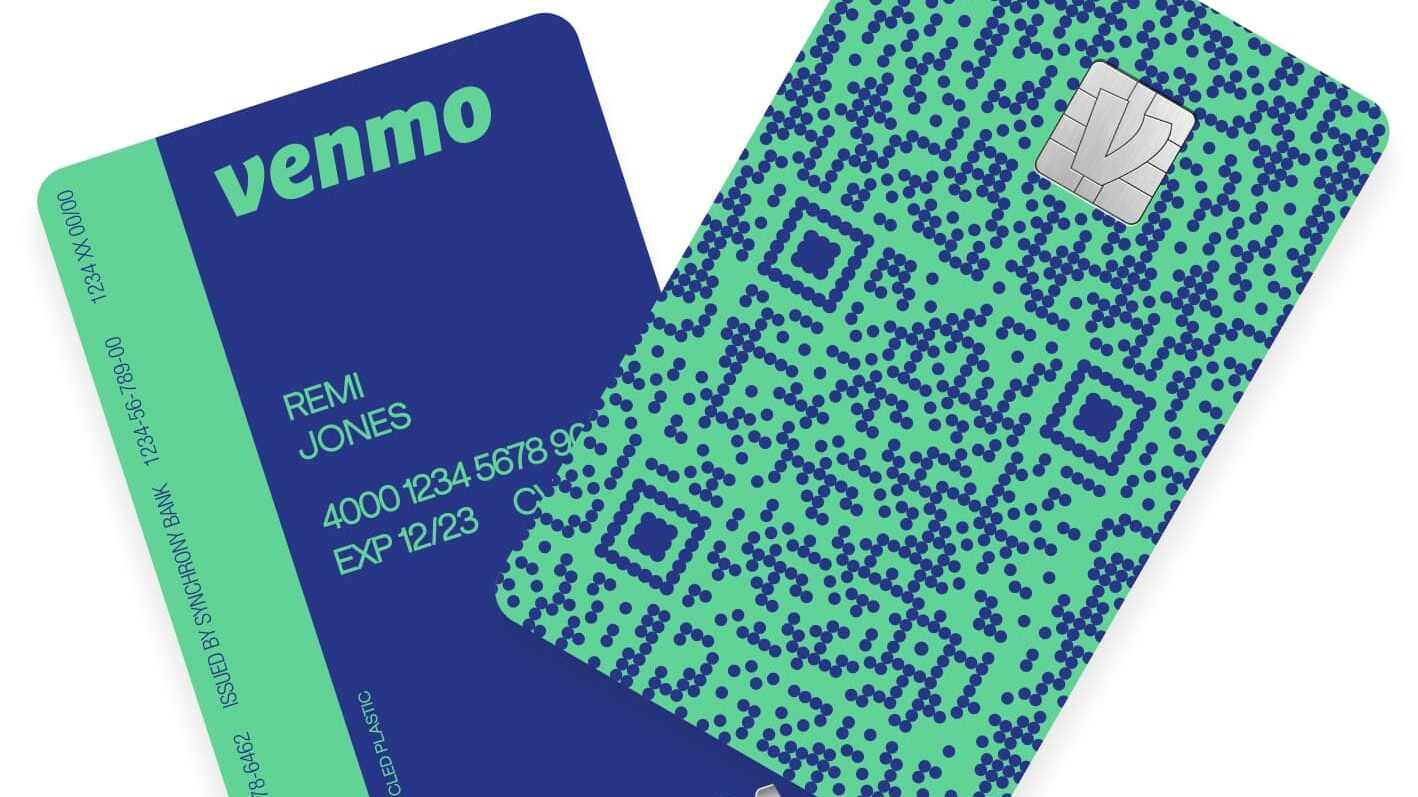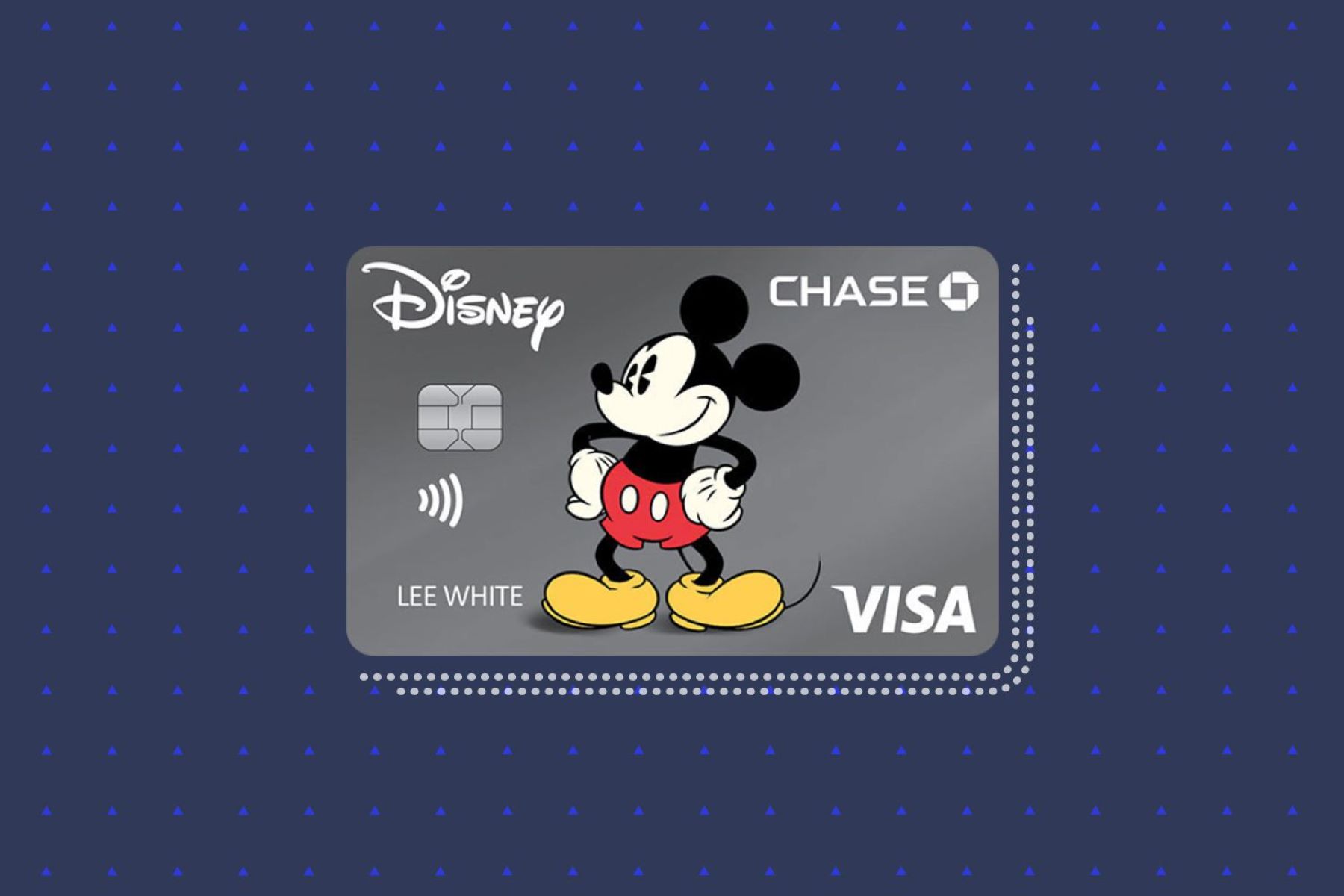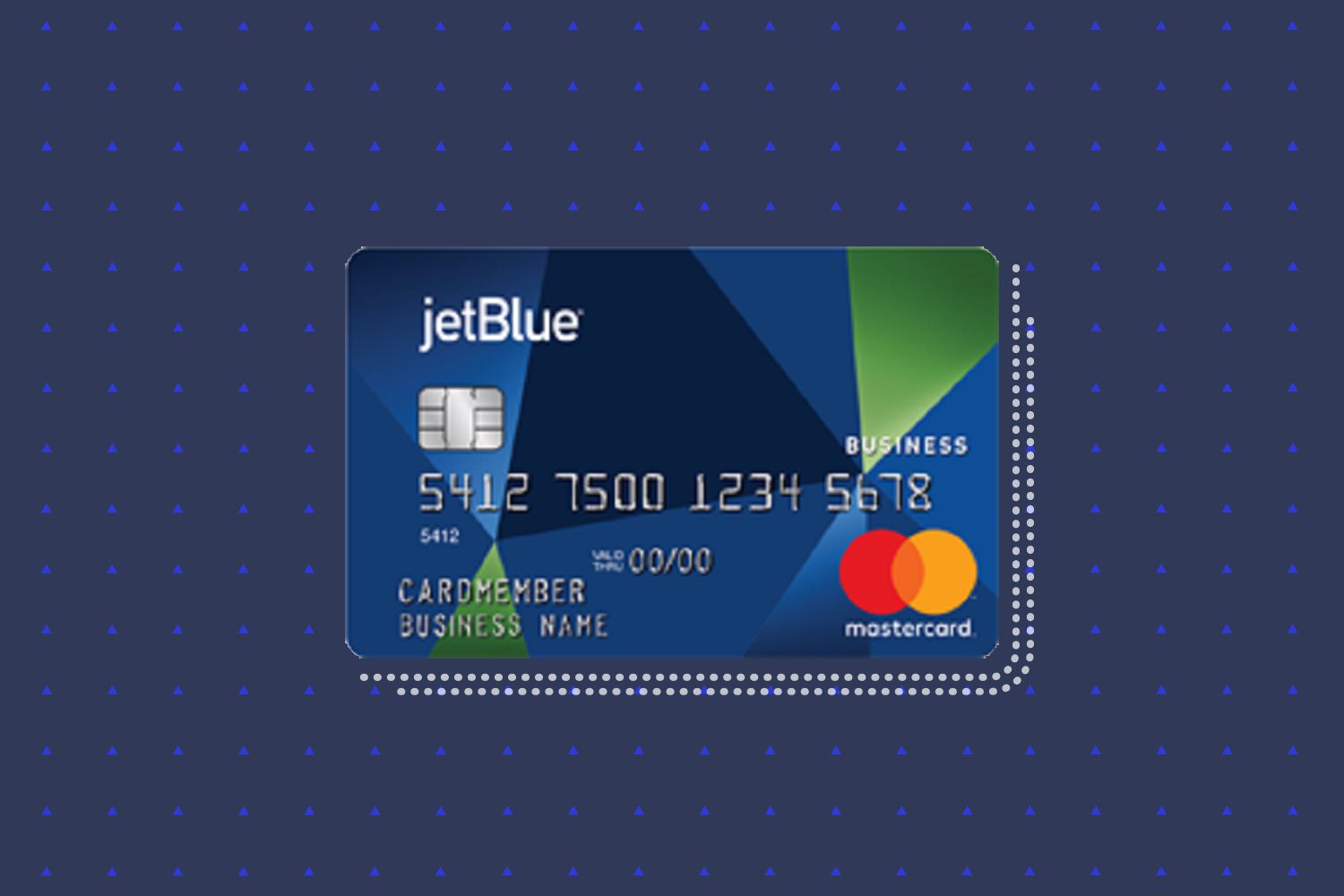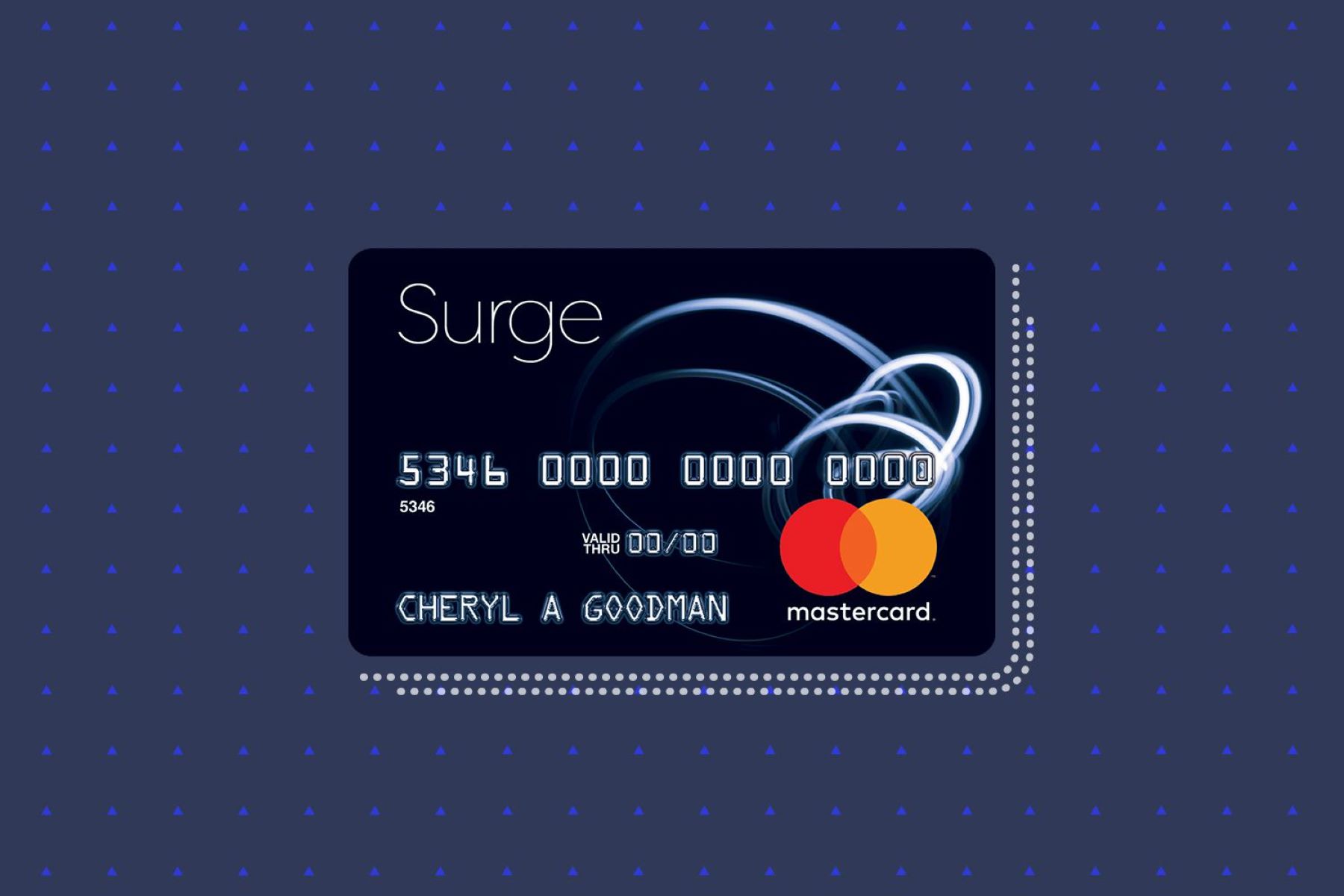Home>Finance>What Credit Score Do You Need For USAA Credit Card


Finance
What Credit Score Do You Need For USAA Credit Card
Modified: February 21, 2024
Discover the credit score needed for a USAA credit card and unlock exclusive finance benefits. Apply now and start building your financial future.
(Many of the links in this article redirect to a specific reviewed product. Your purchase of these products through affiliate links helps to generate commission for LiveWell, at no extra cost. Learn more)
Table of Contents
- Introduction
- Overview of USAA Credit Cards
- Importance of Credit Score for USAA Credit Card
- Minimum Credit Score Requirements for USAA Credit Card
- Factors Considered by USAA When Evaluating Credit Card Applications
- Tips for Improving Your Credit Score for USAA Credit Card Eligibility
- Alternatives for Those with Low Credit Scores
- Conclusion
Introduction
Welcome to our guide on understanding the credit score requirements for applying for a USAA credit card. If you’re considering applying for a USAA credit card, it’s crucial to have a clear understanding of the credit score needed to be eligible for approval. Your credit score plays a significant role in determining your creditworthiness and suitability for different financial products, including credit cards.
USAA is widely recognized for its excellent and diverse range of credit card offerings, specifically tailored for military personnel, veterans, and their families. However, to be approved for a USAA credit card, meeting the minimum credit score requirement is essential.
Throughout this article, we will provide you with a comprehensive overview of USAA credit cards, explain why credit scores are important, and discuss the minimum credit score requirements set by USAA. Additionally, we will highlight the key factors that USAA considers when evaluating credit card applications and offer some helpful tips on improving your credit score to enhance your chances of approval. Finally, we will explore alternative options for individuals with lower credit scores who may not meet the criteria for a USAA credit card.
Whether you’re an active military member, a veteran, or part of a military family, understanding the credit score requirements for USAA credit cards will help you make informed decisions and maximize your chances of getting approved for the desired credit card.
Overview of USAA Credit Cards
USAA offers a wide range of credit cards designed to meet the unique needs of military members, veterans, and their families. As a trusted financial institution, USAA provides competitive benefits, excellent customer service, and exclusive perks that make their credit cards highly sought after. Here’s an overview of the key features of USAA credit cards:
- Specialized Cards: USAA credit cards come in various categories to cater to different financial needs. They offer cashback rewards, travel rewards, low-interest rates, and cards specifically designed for those with limited credit history.
- Military Benefits: USAA credit cards provide additional benefits tailored for military members and their families, such as deployment or PCS (Permanent Change of Station) benefits, SCRA (Servicemembers Civil Relief Act) benefits, and limited fees for foreign transactions.
- No Annual Fees: Many USAA credit cards have no annual fees, which can help you save money and make your credit card usage more affordable.
- Rewards Programs: USAA offers competitive rewards programs, allowing you to earn points, cashback, or miles on your purchases. These rewards can be redeemed for travel, gift cards, merchandise, or statement credits.
- Financial Tools: USAA provides various financial management tools and resources to help you monitor your credit, make payments, and understand your credit card activity.
USAA credit cards are known for their low-interest rates, high-quality customer service, and the added value they bring to military members and their families. By choosing a USAA credit card, you can take advantage of exclusive benefits while aligning yourself with an institution that understands the unique challenges and needs of the military community.
Now that we have an overview of USAA credit cards, let’s dive into why credit scores are crucial when applying for these cards.
Importance of Credit Score for USAA Credit Card
Your credit score is a critical factor that lenders, including USAA, consider when evaluating your creditworthiness and eligibility for a credit card. It is a numeric representation of your creditworthiness based on your credit history and financial behavior. When it comes to USAA credit cards, having a good credit score is essential for several reasons:
Approval for Preferred Cards
USAA offers a variety of credit cards, each with its own set of features, rewards, and benefits. However, the most desirable cards with the highest rewards and benefits are typically reserved for individuals with excellent credit scores. If you have a high credit score, you have a better chance of being approved for these premium cards, allowing you to enjoy additional perks and rewards.
Favorable Interest Rates
Your credit score can directly impact the interest rate you receive on your USAA credit card. With a higher credit score, you are more likely to receive a lower interest rate, which can save you significant money in interest charges over time. A lower interest rate means lower monthly payments and less financial strain, making it easier to manage your credit card debt effectively.
Higher Credit Limits
In general, a higher credit score demonstrates to lenders that you are responsible and reliable when it comes to managing credit. This increases your chances of being approved for a USAA credit card with a higher credit limit. Having a higher credit limit allows you to make larger purchases or have more available credit, which can be beneficial for emergencies or unexpected expenses.
Access to Exclusive Benefits
USAA credit cards offer various exclusive benefits, such as travel rewards, cashback programs, and specialized perks for military members. By maintaining a good credit score and being eligible for these credit cards, you gain access to these exclusive benefits, enhancing your overall credit card experience and maximizing your rewards potential.
Having a good credit score not only helps you qualify for a USAA credit card but also provides you with better terms, rates, and rewards. Now that we understand the importance of credit scores let’s delve into the minimum credit score requirements for USAA credit card applications.
Minimum Credit Score Requirements for USAA Credit Card
While USAA does not publicly disclose specific minimum credit score requirements for each of their credit cards, it is generally recommended to have a good to excellent credit score to increase your chances of approval. A good credit score typically falls within the range of 670 to 739, while an excellent credit score is considered to be 740 or higher.
USAA assesses credit card applications on a case-by-case basis, taking into account various factors in addition to credit scores. These factors include your income, debt-to-income ratio, employment history, and payment history. Even if you meet the minimum credit score requirement, there is still a possibility of not being approved if these other factors are not satisfactory.
It’s important to note that different USAA credit cards may have different credit score requirements. For example, premium cards with higher rewards and benefits may have stricter credit score criteria compared to entry-level or secured cards. It’s always wise to review the credit requirements for each specific USAA credit card before applying.
While a good credit score is recommended for USAA credit card approval, it doesn’t necessarily mean that individuals with lower credit scores are completely ineligible. USAA understands the unique circumstances of military members and their families, and they may offer options for individuals rebuilding credit or with limited credit history.
If you have a low credit score, don’t be discouraged. There are steps you can take to improve your credit score and increase your chances of being approved for a USAA credit card. Let’s explore some helpful tips for boosting your creditworthiness in the next section.
Factors Considered by USAA When Evaluating Credit Card Applications
When evaluating credit card applications, USAA takes into account several factors beyond credit scores. These factors help them assess an individual’s creditworthiness and likelihood of responsibly managing credit. Here are the key factors USAA considers when evaluating credit card applications:
Credit History
USAA examines your credit history to determine your payment behavior and level of responsibility with credit. They look at factors such as the length of your credit history, the types of credit accounts you have (e.g., credit cards, loans), and your payment history (e.g., late payments, delinquencies). A positive credit history with a consistent record of on-time payments increases your chances of approval.
Income and Debt-to-Income Ratio
USAA considers your income and debt-to-income ratio to assess your ability to manage credit card payments. They want to ensure that you have sufficient income to cover your existing debts and the potential new debt from the credit card. A lower debt-to-income ratio indicates a lower risk of financial strain and increased chances of approval.
Employment History
Steady employment demonstrates financial stability and the ability to meet regular financial obligations. USAA may review your employment history to assess the consistency of your income source. A stable employment history with a steady income can positively impact your application.
Payment History
USAA considers your payment history not only for credit cards but also for other financial obligations, such as loans and bills. They assess whether you have a history of making timely payments or if you have any defaults or delinquencies. A strong payment history indicates reliability and responsibility in managing credit.
Overall Creditworthiness
USAA evaluates your overall creditworthiness based on a combination of the above factors. While credit scores play a significant role, they are not the sole determining factor. USAA tries to assess the overall financial picture to make informed decisions about your creditworthiness.
Keep in mind that the weightage assigned to each factor may vary depending on the specific USAA credit card and its eligibility requirements. By understanding the factors USAA considers, you can focus on improving these areas to enhance your chances of credit card approval.
Now that we’ve explored the factors USAA considers during the evaluation process, let’s move on to some practical tips for boosting your credit score and increasing your eligibility for a USAA credit card.
Tips for Improving Your Credit Score for USAA Credit Card Eligibility
If you’re looking to improve your credit score to increase your eligibility for a USAA credit card, here are some effective tips that can help you enhance your creditworthiness:
1. Pay Your Bills on Time
One of the most crucial factors influencing your credit score is your payment history. Make sure to pay your bills, including credit card payments, on time. Late payments can negatively impact your credit score, so set up reminders or automatic payments to ensure you don’t miss any deadlines.
2. Reduce Credit Card Balances
High credit card balances can negatively affect your credit utilization ratio, which is the percentage of your available credit that you are currently using. Aim to keep your credit card balances below 30% of your credit limit to maintain a healthy credit utilization ratio and improve your score.
3. Avoid Opening Multiple New Accounts
Applying for multiple new credit accounts within a short period can raise concerns for lenders and negatively impact your credit score. Limit new credit applications and focus on managing your existing credit accounts responsibly.
4. Maintain a Mix of Credit Types
Having a diverse mix of credit accounts, such as credit cards, loans, and mortgages, can positively impact your credit score. It demonstrates your ability to handle different types of credit responsibly. However, only apply for new credit when necessary and avoid unnecessary debt.
5. Regularly Check Your Credit Report
Monitor your credit report for any errors or inaccuracies that could be negatively impacting your credit score. If you find any discrepancies, report them to the credit bureaus and have them corrected promptly.
6. Keep Old Credit Accounts Open
Length of credit history is an essential factor in calculating your credit score. Even if you no longer use a credit card, keeping the account open can help increase the average age of your credit accounts, positively impacting your credit score.
7. Limit Credit Inquiries
Whenever you apply for new credit, a hard inquiry is placed on your credit report, temporarily lowering your score. Minimize the number of credit inquiries by only applying for credit when necessary and avoiding unnecessary credit applications.
Improving your credit score takes time and effort, but it can significantly increase your eligibility for a USAA credit card. By following these tips and maintaining responsible credit habits, you can enhance your creditworthiness and improve your chances of approval.
However, if your credit score is still below the minimum requirements for a USAA credit card, don’t worry. There are alternative options available for individuals with lower credit scores, which we will explore in the next section.
Alternatives for Those with Low Credit Scores
If your credit score is below the minimum requirements for a USAA credit card, there are still alternative options available to help you build or rebuild your credit. Consider the following alternatives tailored for individuals with low credit scores:
Secured Credit Cards
A secured credit card is an excellent option for those with low credit scores or limited credit history. These cards require a security deposit, usually equal to the credit limit. Your timely payments will be reported to credit bureaus, helping you establish a positive payment history and potentially increase your credit score over time.
Credit Builder Loans
Credit builder loans are specifically designed to help individuals build or rebuild credit. These loans require you to make regular monthly payments, and once the loan is fully repaid, you’ll receive the funds. Your payment history is reported to credit bureaus, providing an opportunity to improve your credit score gradually.
Authorized User on Someone Else’s Account
If you have a trusted family member or friend with a good credit history, they can add you as an authorized user to one of their credit card accounts. Their positive payment history and responsible credit behavior will be reflected on your credit report, potentially boosting your credit score. However, ensure that both parties understand the responsibilities and obligations associated with this arrangement.
Credit Counseling or Debt Management Programs
If you’re struggling with debt or credit issues, consider seeking help from credit counseling agencies or enrolling in a debt management program. These resources can provide valuable guidance in improving your financial situation and creating a plan to repay your debts more effectively.
Secured Personal Loans
In some cases, you may be eligible for a secured personal loan where you provide collateral, such as a savings account or a certificate of deposit, to secure the loan. Making timely payments on these loans can positively impact your credit history over time.
Remember, the key to improving your credit score is to demonstrate responsible credit behavior and consistent payments over time. By exploring these alternatives and implementing positive credit habits, you can work towards raising your credit score and eventually become eligible for a USAA credit card.
As a final note, it’s essential to be patient and persistent. Building or rebuilding your credit takes time, but with dedication and smart financial choices, you can improve your credit health, increase your credit score, and unlock a wider range of credit card opportunities.
Conclusion
Understanding the credit score requirements for USAA credit cards is crucial for anyone considering applying for these products. While specific minimum credit score requirements are not publicly disclosed, having a good to excellent credit score greatly increases your chances of approval. Your credit score not only determines your eligibility for preferred cards, but it also affects the interest rates, credit limits, and exclusive benefits you may enjoy as a USAA credit cardholder.
In addition to credit scores, USAA considers factors such as credit history, income, debt-to-income ratio, employment history, and payment history when evaluating credit card applications. It’s important to maintain responsible financial habits and strive for a positive credit profile to enhance your chances of approval.
If your credit score falls below the minimum requirements for a USAA credit card, don’t lose hope. There are alternatives available, such as secured credit cards, credit builder loans, becoming an authorized user, credit counseling or debt management programs, and secured personal loans. These options can help you build or rebuild your credit and increase your eligibility for a USAA credit card in the future.
Remember, improving your credit score takes time and effort. Focus on paying your bills on time, reducing credit card balances, maintaining a mix of credit types, regularly checking your credit report for errors, and managing your credit responsibly. By doing so, you can enhance your creditworthiness and position yourself for better financial opportunities.
Whether you’re an active military member, a veteran, or part of a military family, understanding the credit score requirements for USAA credit cards is essential for making informed decisions about your financial future. By following the tips provided and exploring alternative options if needed, you can work towards achieving a strong credit profile and maximizing your eligibility for USAA credit cards.
Always remember that improving your credit health is a journey. Stay committed, stay informed, and continue working towards financial stability and success.














